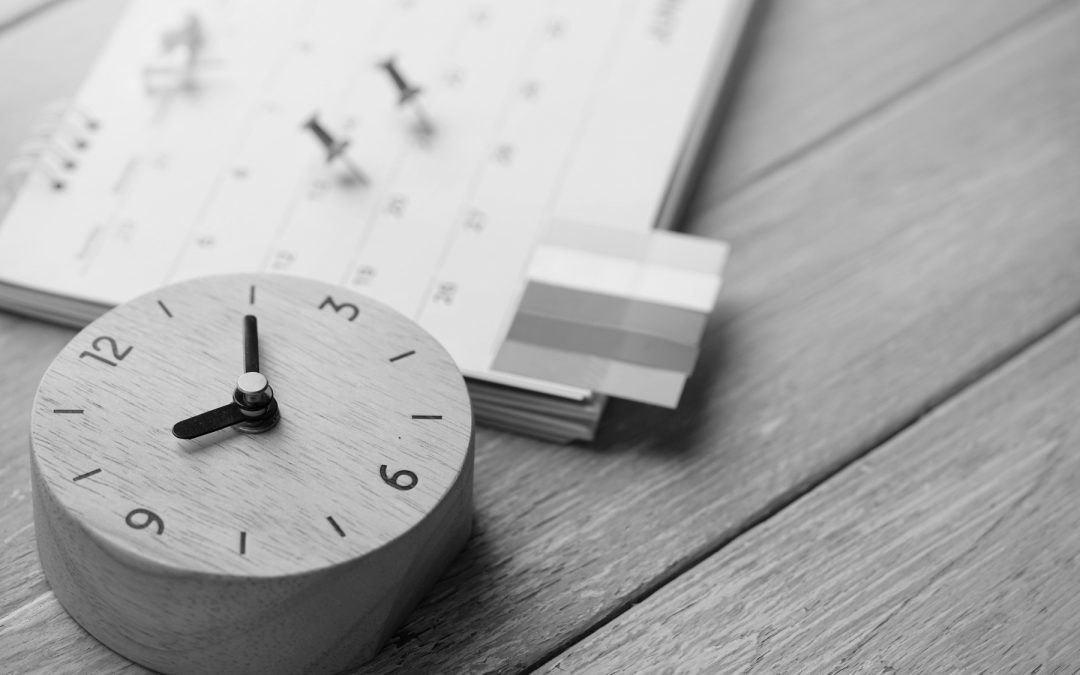Getting better at managing your time is forever work, and requires lots of give and take. Managing your time well gives you an edge in both productivity and satisfaction with your work (and home) life.
Get better at managing your time with this set of gives & takes. #timemanagement #clarity Click To TweetGive your all
Let me clarify that: give your all to the thing you’re doing at the moment.
Whether it’s writing an email, participating in a meeting, talking with your kid, or sleeping, being “all in” means less re-work and more focus and clarity. Especially since research shows that multitasking doesn’t actually work.
By being present to what you’re doing and who you’re being – right at this moment – you’ll take in more and make better decisions.
Take time for clarity
The clearer you can get on your vision and mission, the less Phantom Workload (stuff you have to do that you wouldn’t have to if you were clear!) you’ll need to process.
When you thoroughly understand the assignment in front of you and how it relates to the strategic direction of the organization, you can get down to the real work that needs to be done. Eliminating “bring me a rock” work can free up tons of time.
Give electronic notifications the heave-ho
This one is especially important when you’re doing heads-down work, whatever that is for you. Every time you’re bombarded with the latest box scores or super-awesome deals on shoes, it takes time to get focused and back on track.
Look on your phone (and computer) to identify what applications you’re allowing to interrupt your day. Do you really need a popup from Reddit about a response to your comment about how cute someone’s dog is? (Maybe you do, I’m not judging!)
It’s pretty easy to customize those settings to get exactly what works for you, instead of the defaults.
And even if you normally do want to get a little beep for your texts & emails, do yourself a favor and turn them off when you’re doing focused work. You’ll be amazed at how big of a deal micro-interruptions can be!
Take a new look at your planner
Whatever system you use to organize yourself (you DO have a system, right?), it can help you with managing your time. It doesn’t matter if it’s paper (DayTimer, Circa) or electronic (OneNote, Asana, or my favorite, Evernote), as long as you use it. Consistently.
Your planner can be so much more than a to-do list. (Although organizing my to-dos by strategic objective has been a game changer for me!) It can hold links to articles you want to read (when you have a dedicated block of time), meeting notes, tasks you’ve delegated, and all sorts of other stuff.
Having specific places to store different pieces of information – and knowing where things are – can save tons of time you would otherwise spend looking for it.
Give yourself a break
Time management isn’t a one-and-done thing, of course. And there are times when you need to do things less efficiently in service of another goal. (I may or may not have written a work email or two while watching baseball games…)
But do make conscious choices about how you’re using your limited resource of time, and celebrate when you’re moving in the direction that serves you.
Take back your focus
Whether it’s writing, designing, analyzing, or planning, you need chunks of time to focus on specialized tasks. Just sneaking in a few minutes here and there to work on a project increases your chances of error and not connecting all of the dots.
This one can be tough to do, but proactively scheduling in advance can really help here.
For instance, I reflect on what I’ve accomplished each week and sketch out next week’s plan every Friday afternoon at 3:30. It’s blocked on my calendar as a repeating meeting with myself out into infinity. That’s not saying I never do anything else at that time of the week, but the default and path of least resistance for Friday at 3:30 is my Weekender practice.
Many of my clients (including top executives) block time for their specialized work, fitting meetings and other obligations around it.
If you like this idea, but are skeptical, try planning a single hour out of your week for specialized work. Then, turn off notifications, don’t answer the phone, and get after it. And see how it works for you.
How will you start managing your time, give or take? Pop a note in the comments!

